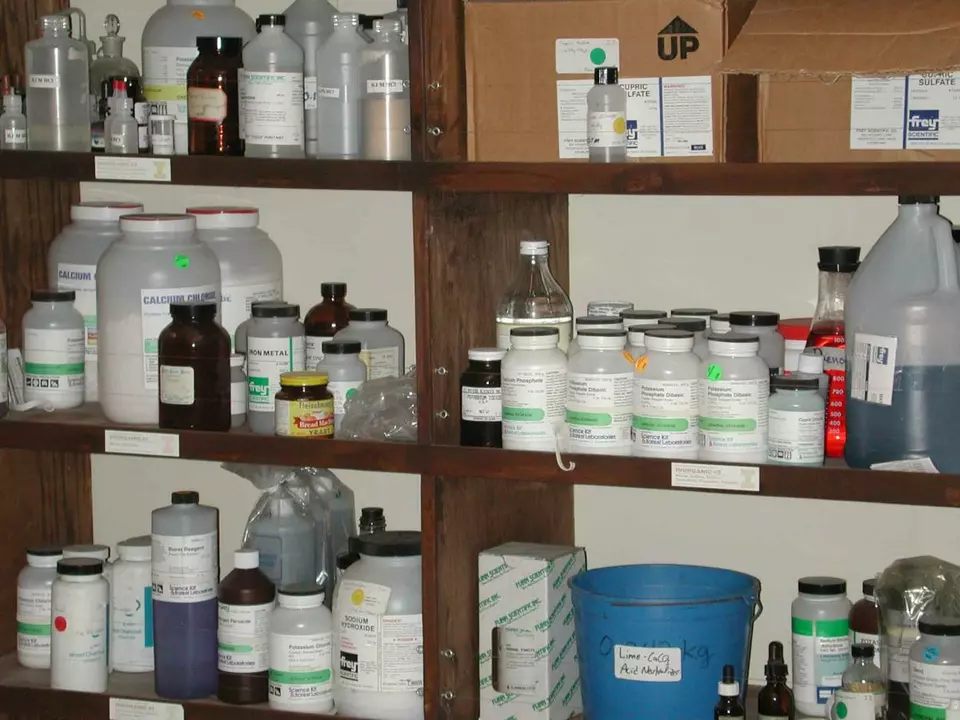Storage Tips for Medicines: Keep Your Meds Safe and Effective
Heat, humidity, and light can quietly ruin a prescription. Store medicines the right way and you keep them effective longer, avoid accidental poisonings, and save money. These practical tips fit real life — at home, when you travel, and for special meds like insulin.
Everyday storage rules that actually work
Keep meds in their original containers. The label tells you the dose, lot number, and expiration date — that matters if you need to check side effects or return a batch. Most pills do best at room temperature: about 68–77°F (20–25°C). That means avoid the bathroom or the kitchen counter next to the stove. Those spots see big swings in heat and humidity.
Moisture is the enemy. Bathrooms steam up and destroy tablet coatings, making some drugs less effective or changing how they dissolve. Choose a cool, dry cabinet away from windows. If you live somewhere humid, consider a sealed plastic container with a silica gel packet for moisture-sensitive meds.
Some drugs need cold. Insulin and certain liquid antibiotics should be stored in the fridge at 36–46°F (2–8°C). Don’t freeze insulin — freezing ruins it. If a refrigerated med accidentally warms up, check the manufacturer’s guidance before using it; when in doubt, ask your pharmacist.
Light matters too. Strong sunlight breaks down many medicines. Use opaque bottles or keep them in a shaded cupboard. For blister packs, keep them in the pack until use — the blister helps block moisture and light.
Safety, travel, and special cases
Lock up dangerous meds. Keep opioids, sedatives, and any meds you don’t want others to access in a locked box or a high, out-of-reach spot. This protects kids, visitors, and guests.
Travel smart: carry medicines in your hand luggage, not the checked bag. Keep insulin with cold packs approved for travel, and bring a doctor’s note for syringes or controlled meds if needed. If you use a daily pill organizer, keep the original bottle for trips so you retain the prescription info.
Be cautious with pill organizers and repackaging. Some meds—like extended-release tablets or blister-pack-only drugs—must stay in original packaging to work properly. If your pharmacist says repackaging is okay, label the organizer with the drug name and dosing schedule.
Check dates and dispose responsibly. Expired meds can lose potency or become unsafe. Use local medicine take-back programs or community disposal events. If you must throw meds in the trash, mix them with coffee grounds or cat litter and seal them in a bag so they aren’t tempting for kids or pets.
Keep a simple inventory. A short list with medicine names, doses, and expiration dates helps you spot what needs replacing and makes sharing info with caregivers or doctors easier. A phone photo of the bottles works well in a pinch.
If you’re unsure about storage for a particular drug, ask your pharmacist. They can tell you if it needs refrigeration, a childproof lock, or any special handling. Small steps now keep your meds working and your household safer.
How to Store and Dispose of Ciprofloxacin Safely
As a blogger, I always want to share helpful tips with my readers, and today I want to talk about storing and disposing of Ciprofloxacin safely. First, always keep Ciprofloxacin in its original container, away from light, heat, and moisture. Second, ensure it's stored out of reach of children and pets. When it's time to dispose of any expired or unused medication, don't just throw it in the trash or flush it down the toilet. Instead, check for local drug take-back programs or follow the FDA's guidelines for safe disposal.
More
